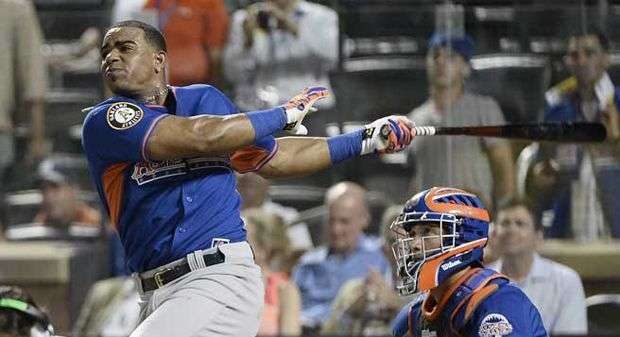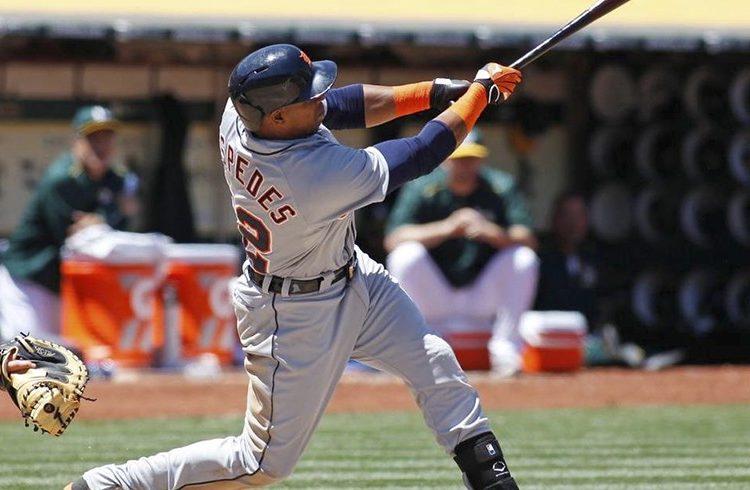Cuba and Major League Baseball (MLB) would like to return to their old embrace. They sat down at the table to seek reconciliation, a dialogue to finally bring them closer after more than half a century apart. While no concrete agreements exist yet, the negotiations are a big step forward for both.
The positive atmosphere left by the events of last Dec. 17th, with the restoration of diplomatic relations between Cuba and the United States, has been the driving force behind efforts between the Cuban Baseball Federation and the Major League Baseball Players Association to establish links that will allow Cuban players to legally strut their stuff as part of the world’s best baseball.
“We’re in talks with them to develop ties and a final agreement that will allow our players to play at the highest level. But it’s not easy to concretize all of this, because we are demanding that to achieve this objective, the Cubans should not have to give up their nationality, which is what is happening at this time,” said Heriberto Suárez, Cuba’s national baseball commissioner.
Since the thaw in relations between the two countries, MLB commissioner Rob Manfred, has said he is very optimistic about closer ties between his organization and Cuba; in fact, he has even stated that while talks have just started, some Major League teams may play on the island during the upcoming spring training.
“The Baltimore Orioles broke the ice; they will be playing in Cuba very soon. We don’t want it to be just them, but every club that wants to. It should be a movement on both sides, so that we can go train there in spring, and Cuban players can show their great talent here,” Manfred said.

This is news is music to the ears of Cuban fans and baseball executives, because the quality of baseball on the island has notably declined in the last two decades due to an exodus of players who want to join Major League teams.
In that zeal to reach the MLB, Cubans must seek a second nationality to be considered free agents, given that the U.S. Treasury Department prevents Cuban players from joining any of the 30 Major League organizations.
Meanwhile, Cuban law forbids entry into the country for at least eight years for athletes who decide to abandon their teams or delegations while abroad, or those who emigrate illegally, and therefore, they are not taken into account for being part of any Cuban national team.
“It’s about time to end these inexplicable policies; hopefully the agreements will be made soon and we’ll be able to see the results,” said Alexei Ramírez, shortstop for the Chicago White Sox. For his part, Aroldis Chapman, pitcher for the Cincinnati Reds, said, “It would be a blessing for them to overcome the obstacles so that Cubans can play in the Majors without any problems.”
And Carlos Tabares, who plays for Havana’s Industriales, admits, “There isn’t anybody who doesn’t want the MLB and Cuba to work this out; when they finally do, everybody will be happy. Cuba will develop its baseball even more, and the United States will be able to have Cuban talent in its baseball.”
According to what reporters have been told, the next talks will be held in Havana in November. Members of the Cuban Baseball Federation and the MLB Players Association are expected to attend, as well as prestigious scouts and MLB players’ representatives.










